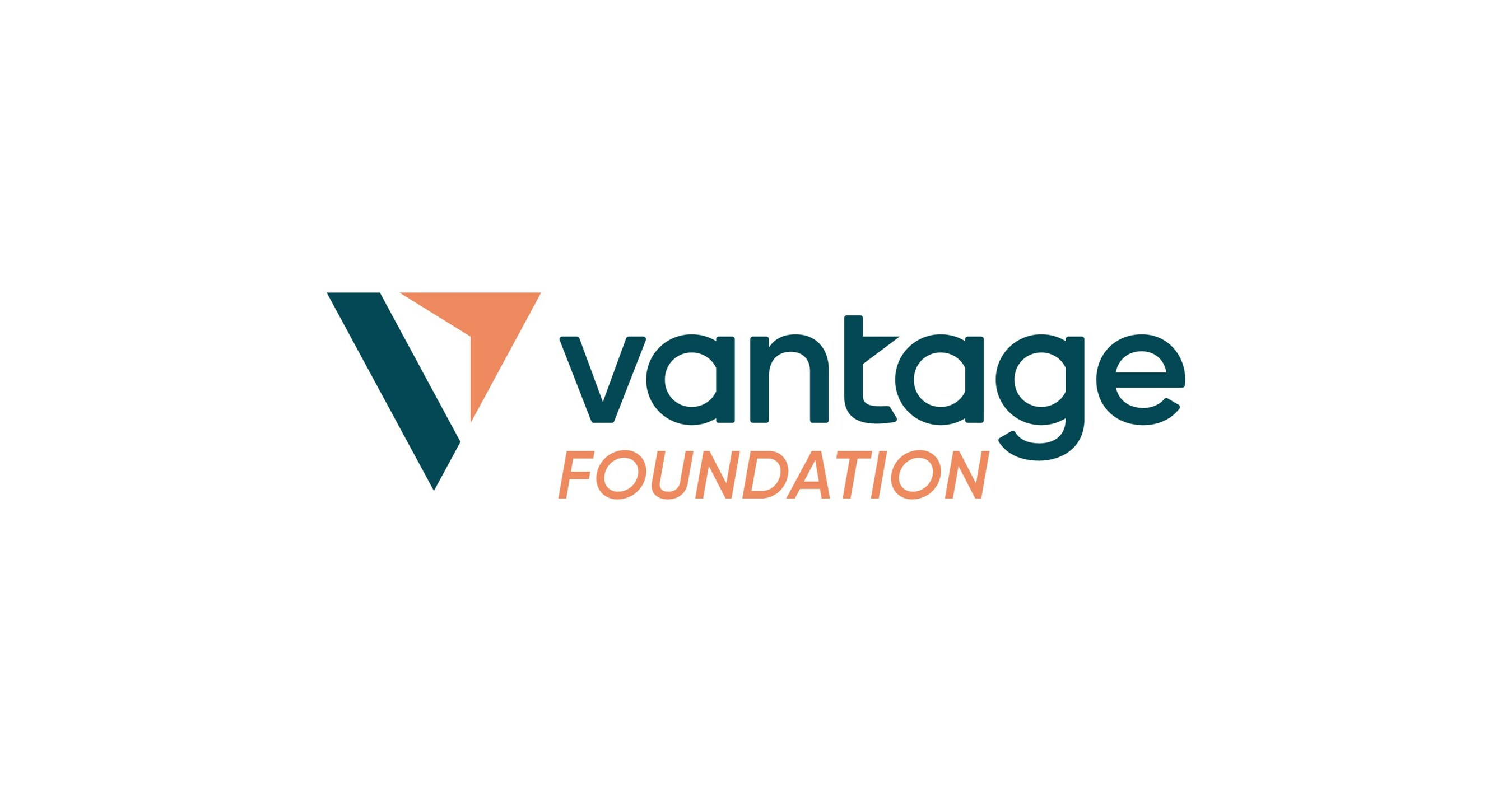, /PRNewswire/ -- The Improving Care and Access to Nurses (ICAN) Act was reintroduced by U.S. Representatives Dave Joyce (R-OH), Suzanne Bonamici (D-OR), Lauren Underwood (D-IL), and Jen Kiggans (R-VA), on February 14. The ICAN Act would remove practice barriers for advanced practice registered nurses (APRNs) by allowing them to provide more comprehensive healthcare services to patients across the country. The legislation aligns with the Trump Administration's report calling for the removal of barriers to APRNs, as well as multiple independent recommendations from groups across the political spectrum.
The American Association of Nurse Anesthesiology (AANA) supports this legislation, which will remove unnecessary physician supervision of Certified Registered Nurse Anesthetists (CRNAs) and provide access to CRNA services in Medicaid. This would improve efficiency in anesthesia, lowering costs for patients and increasing access to care as the nation faces a shortage of anesthesia providers.
"We appreciate the bipartisan support for the ICAN Act, which puts patients first by removing unnecessary barriers that inhibit access to care and drive-up costs unnecessarily," said AANA President Jan Setnor, MSN, CRNA, Col. (Ret), USAFR, NC. "At a time when patients and consumers are looking to make government more efficient, the ICAN Act makes smart changes to Medicare and Medicaid policy that improve efficiency while simultaneously increasing access to care--a win-win scenario for the healthcare system".
Specifically, this legislation will ensure proper reimbursement for CRNAs to provide quality anesthesia and pain management for patients in Medicare, allow CRNAs to order and refer medically necessary services, permanently remove unnecessary physician supervision under Medicare, promote payment parity in the teaching rules, and provide access to CRNA services in Medicaid.
CRNAs, as APRNs, are members of one of the most trusted professions according to Gallup. CRNAs are the predominant provider of anesthesia in rural and underserved areas and have full practice authority in all branches of the military as well as in the Indian Health Service and the vast majority of states.
"As a nurse anesthetist and a veteran, I know how important it is that patients have access to timely, high-quality care, and removing these barriers is critical to ensuring that," Setnor said. "The care that CRNAs provide is foundational to a healthy America, enabling access to critical services including surgical and obstetrical care, particularly in rural and underserved communities. Removing barriers to this care not only increases access but makes the healthcare system more efficient for taxpayers".
When anesthesia delivery is staffed and directed by CRNAs, costly duplication of services is avoided. This can help healthcare facilities use limited resources to further improve patient care. The AANA proudly supports the ICAN Act and the goals of increasing efficiency, lowering costs, and improving access to the care that APRNs including CRNAs provide every day.
For more information about the ICAN Act and to urge your representative to support this legislation, visit AANA.com today!
SOURCE American Association of Nurse Anesthesiology

WANT YOUR COMPANY'S NEWS FEATURED ON PRNEWSWIRE.COM?
![]()
440k+
Newsrooms &
Influencers
![]()
9k+
Digital Media
Outlets
![]()
270k+
Journalists
Opted In
.png)
 German (DE)
German (DE)  English (US)
English (US)  Spanish (ES)
Spanish (ES)  French (FR)
French (FR)  Hindi (IN)
Hindi (IN)  Italian (IT)
Italian (IT)  Russian (RU)
Russian (RU)  1 week ago
9
1 week ago
9









Comments